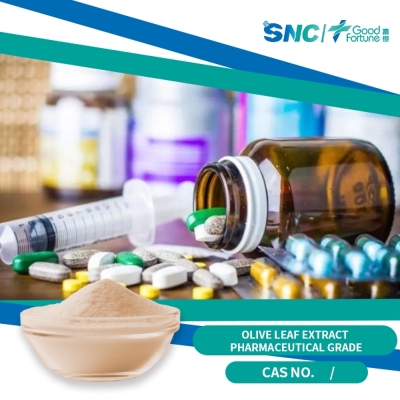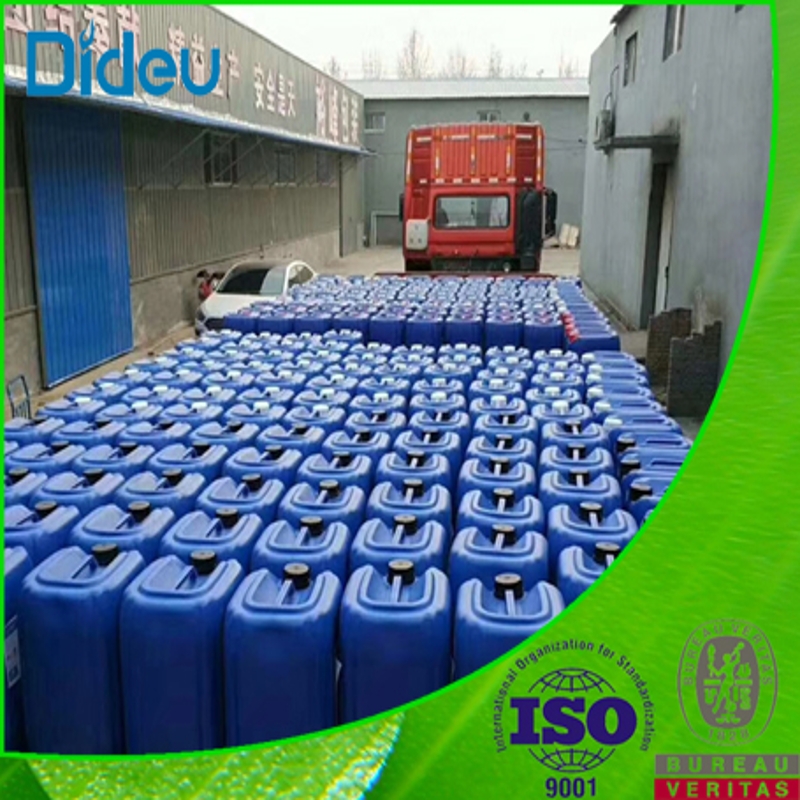-
Categories
-
Pharmaceutical Intermediates
-
Active Pharmaceutical Ingredients
-
Food Additives
- Industrial Coatings
- Agrochemicals
- Dyes and Pigments
- Surfactant
- Flavors and Fragrances
- Chemical Reagents
- Catalyst and Auxiliary
- Natural Products
- Inorganic Chemistry
-
Organic Chemistry
-
Biochemical Engineering
- Analytical Chemistry
-
Cosmetic Ingredient
- Water Treatment Chemical
-
Pharmaceutical Intermediates
Promotion
ECHEMI Mall
Wholesale
Weekly Price
Exhibition
News
-
Trade Service
Niludipine is a phthalic acid derivative used as a plasticizer in the chemical industry.
Its primary function is to improve the flexibility and softness of plastics, making them more pliable and easier to manipulate.
In recent years, concerns have been raised about the safety of niludipine and its potential effects on human health.
This article will explore the chemical properties of niludipine, its use in the plastic industry, and the potential health risks associated with its exposure.
Chemical Properties of Niludipine
Niludipine is a member of the phthalic acid family, which is a group of organic compounds with the general formula C6H4(CO2H)2.
Phthalic acids are commonly used in the production of plastics, dyes, and perfumes.
Niludipine is specifically used as a plasticizer, which is a substance added to plastics to make them more flexible and pliable.
It is a liquid at room temperature and has a slightly acidic pH of around 6.
5.
Use of Niludipine in the Plastic Industry
Niludipine is widely used as a plasticizer in the production of a variety of plastic products, including vinyl siding, window frames, and flooring.
It is also used in the production of flexible plastic packaging such as bags and wraps.
Niludipine is favored as a plasticizer due to its ability to improve the flexibility and softness of plastics without compromising their strength or durability.
Health Risks Associated with Niludipine
Despite its widespread use, there are growing concerns about the safety of niludipine.
In recent years, studies have suggested that exposure to high levels of niludipine can have adverse effects on human health.
For example, one study found that workers in the plastic industry who were exposed to high levels of niludipine had a higher incidence of respiratory problems, including asthma and other lung diseases.
Other studies have suggested that exposure to niludipine may also cause reproductive and developmental problems.
Additionally, niludipine has been found to leach out of plastic products and into the surrounding environment.
This can lead to environmental pollution and potentially harmful effects on wildlife and ecosystems.
Steps to Ensure Safety
In response to these concerns, several measures have been taken to ensure the safety of niludipine.
One of the most significant steps has been the implementation of stricter safety regulations in the plastic industry.
This has led to a decrease in the amount of niludipine used in plastic products and a greater emphasis on the safe handling and disposal of these products.
Another important step has been the development of alternative plasticizers that offer similar benefits to niludipine but with fewer health risks.
These alternatives are being increasingly used in the production of plastic products, reducing the amount of niludipine that is used and exposure to its potential health risks.
Conclusion
Niludipine is a commonly used plasticizer in the chemical industry, but concerns about its safety have been raised in recent years.
Studies have suggested that high levels of exposure to niludipine can have adverse effects on human health and environment pollution.
To address these concerns, stricter safety regulations have been implemented, and alternative plasticizers have been developed.
It is important for the chemical industry to continue to monitor the safety of niludipine and to ensure that the proper measures are taken to protect the health and well-being of workers and the environment.







